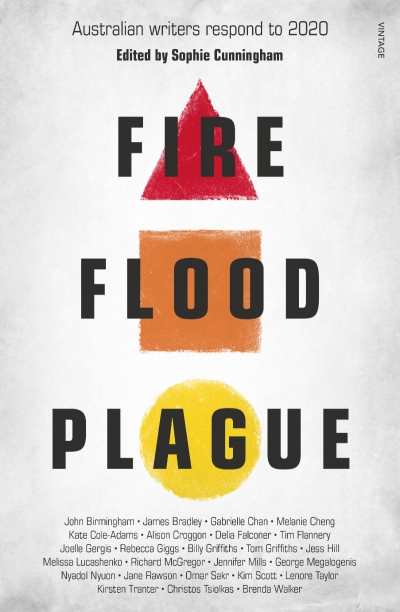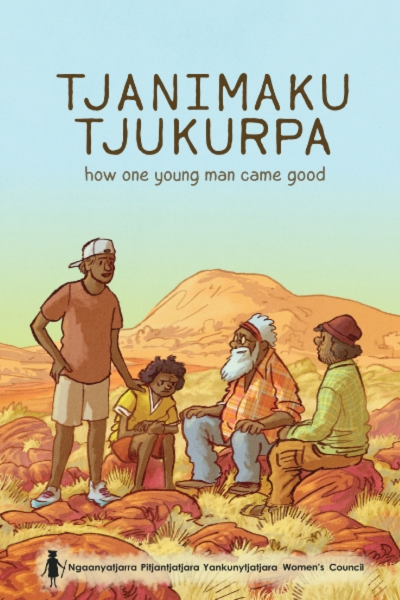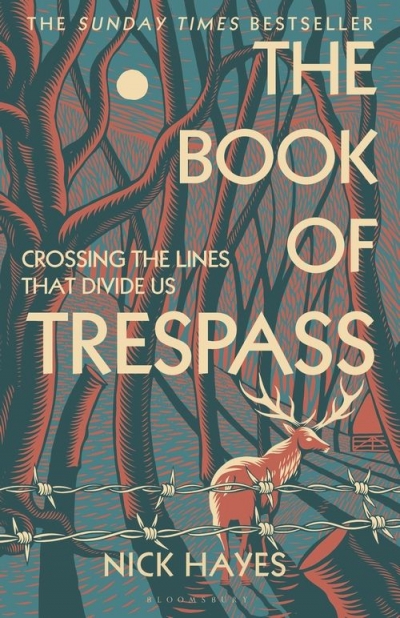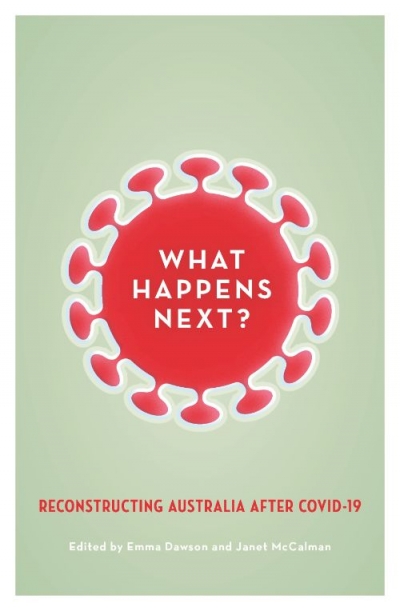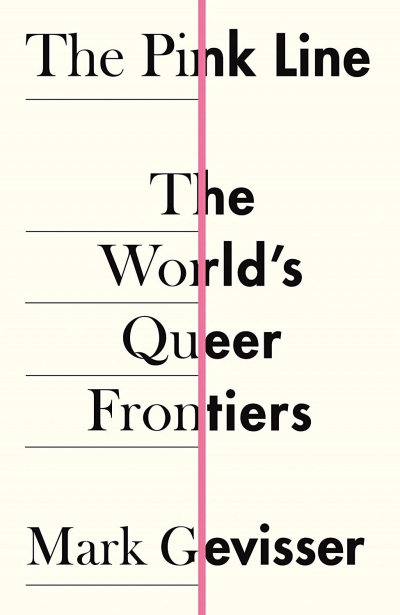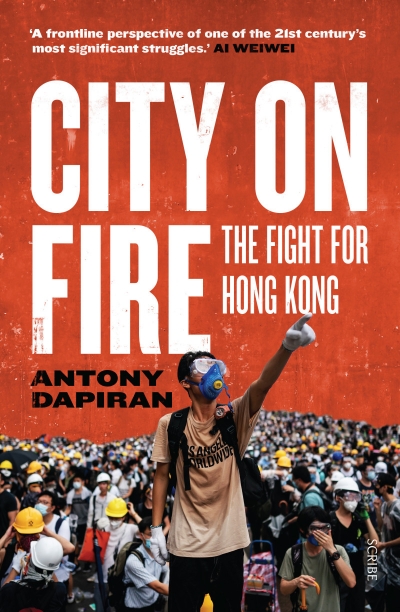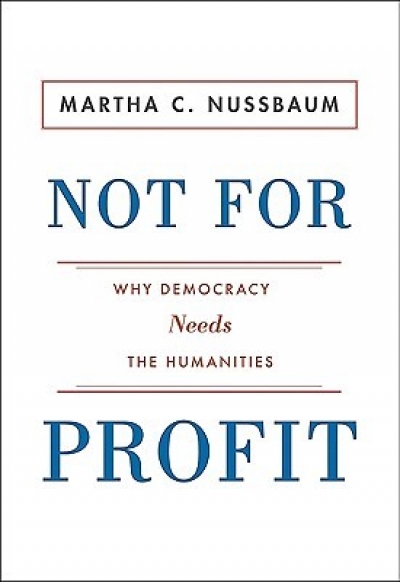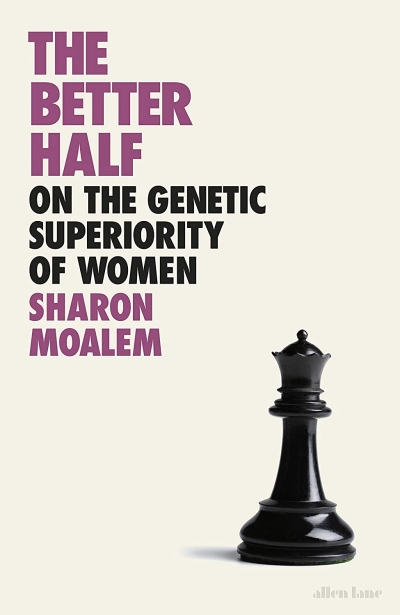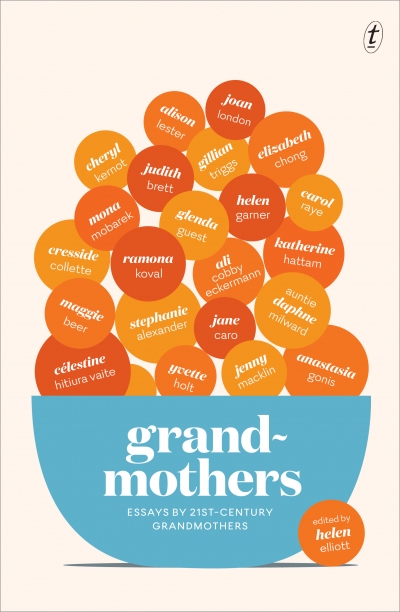Society
Fire Flood Plague: Australian writers respond to 2020 edited by Sophie Cunningham
by Adele Dumont •
Tjanimaku Tjukurpa: How one young man came good by the Ngaanyatjarra Pitjantjatjara Yankunytjatjara Women’s Council
by Kim Mahood •
The Book of Trespass: Crossing the lines that divide us by Nick Hayes
by Gregory Day •
What Happens Next? edited by Emma Dawson and Janet McCalman & Upturn by Tanya Plibersek
by Morag Fraser •
The Pink Line: The world’s queer frontiers by Mark Gevisser
by Dennis Altman •
A curse on art, a curse on society: Government contempt for the ABC, the arts, and the academy
by James Ley •
It is curious the way certain books can insinuate themselves into your consciousness. I am not necessarily talking about favourite books, or formative ones that evoke a particular time and place, but those stray books that seem to have been acquired almost inadvertently (all bibliophiles possess such volumes, I’m sure), and taken up without any particular expectations, books that have something intriguing about them that keeps drawing you back.
... (read more)Not For Profit: Why democracy needs the humanities by Martha C. Nussbaum
by Stuart Macintyre •
The Better Half: On the genetic superiority of women by Sharon Moalem
by Zora Simic •
Grandmothers edited by Helen Elliott & A Lasting Conversation: Stories on ageing edited by Dr Susan Ogle and Melanie Joosten
by Kerryn Goldsworthy •

